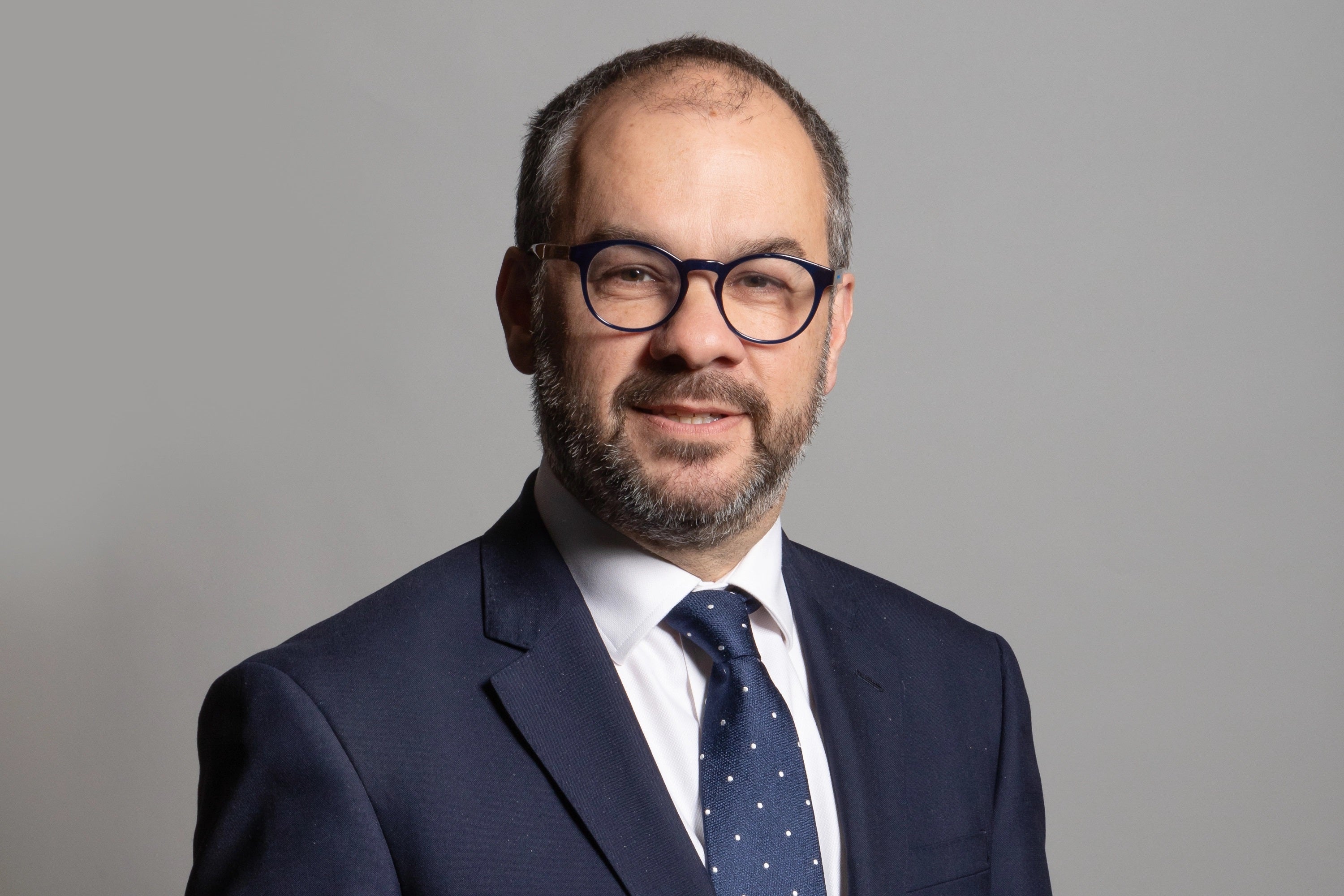
One of Boris Johnson’s ministers was asked when the Prime Minister had risked his life for the truth after the Tory leader criticised the BBC’s coverage of Government policies.
The Prime Minister said both the broadcaster and senior members of the clergy had been “less vociferous” in their condemnation of Vladimir Putin than they had about plans to send some asylum seekers to Rwanda.
His comments, at a private meeting with Tories in Parliament on Tuesday night, came as he sought to shift attention away from his apology for breaking coronavirus rules by attending his lockdown-busting birthday party in the Cabinet Room in June 2020.
Sources close to the Prime Minister said he told Tory MPs in a private meeting it was a “good policy” despite some “criticism on the BBC and from senior members of the clergy” who he said “had been less vociferous in their condemnation on Easter Sunday of Putin than they were on our policy of illegal immigrants”.
On BBC Radio 4’s Today on Wednesday, presenter Justin Webb challenged business minister Paul Scully about the Prime Minister’s comments.

Mr Scully said he had “not seen a lot of the coverage” on the BBC about the plan to send some asylum seekers who arrive in the UK on a one-way trip to Rwanda for processing “because I was away over the weekend”.
Webb said: “He apparently made the point to Conservative MPs that the BBC and the Archbishop (of Canterbury) were not focusing enough on Vladimir Putin.
“I just wonder, can you come up with an occasion when Boris Johnson has put his life on the line for the truth – as (BBC correspondents) Jeremy Bowen has, as Lyse Doucet has, as Clive Myrie has?”
Mr Johnson faces the prospect of a Commons vote on Thursday on whether a parliamentary committee should investigate claims he lied to the House.
Mr Scully said: “It’s not something I can particularly comment on… in terms of the fact that… his approach to his view on the BBC’s approach to Putin.”
Webb suggested it was a “smokescreen” and Mr Johnson was “attacking people he really ought not to be attacking”.
Mr Scully said: “I don’t remember the comment particularly, I’m just trying to explain the context that I believe he may have been trying to make.”
He acknowledged there had been some “excellent coverage from the BBC and elsewhere” on the ground in Ukraine.
“I’m not attacking the BBC, I’m here joining you,” he told Today.







